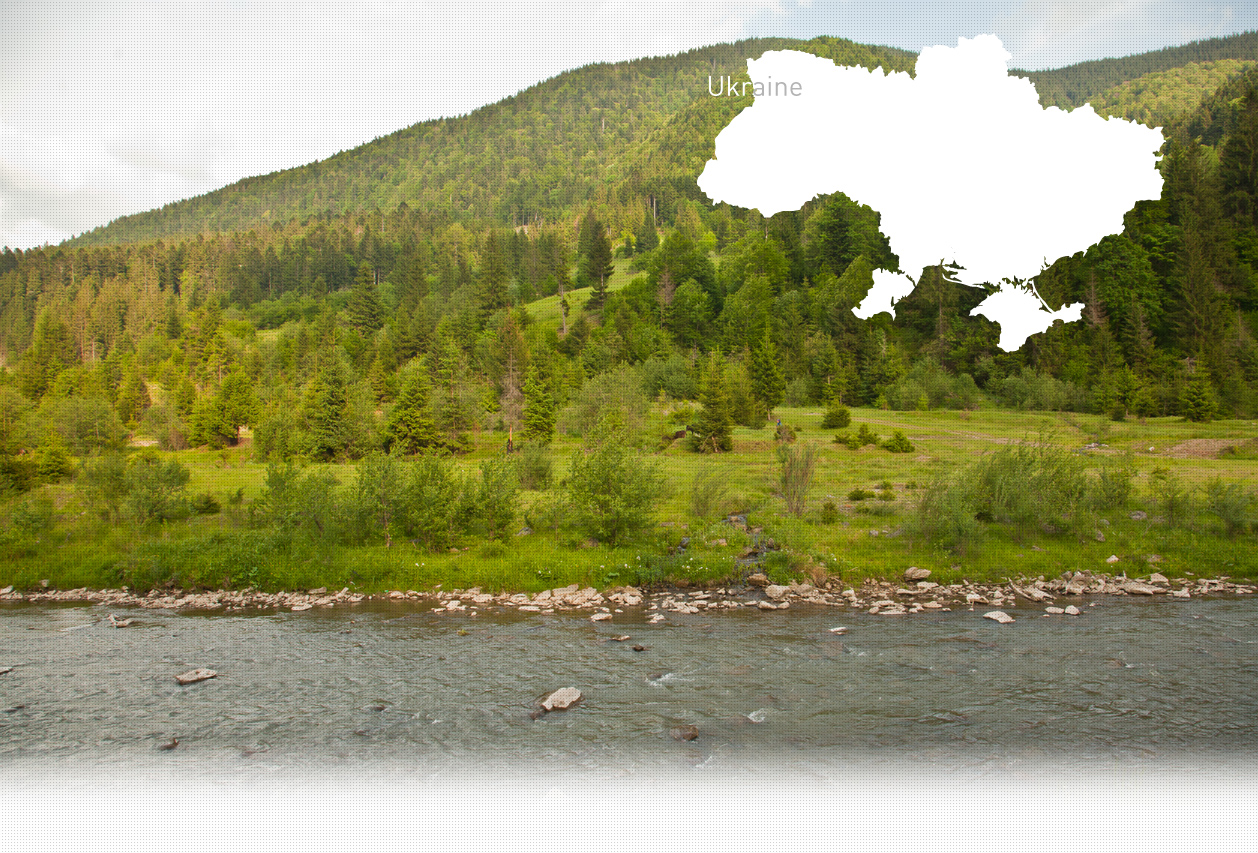

1 Killing site(s)
Tetyana S., born in 1931, remembers the shooting, “YIU: Were they shot directly on the ground or in the pit dug in advance?
W: On the ground. But for the other execution of a large group, when they prepared it in advance, they dug a pit. The Jews were forced to dig their own pits; the Germans never dug them. They were given shovels and they had to dig. We were about to go to the field to gather plants when we saw the shooting. The Jews were lined up and someone fired and they fell down. Afterwards, there were clothes lying around everywhere. The best clothing was taken. Because Jews had gold and valuables with them and everything was taken from them.” (Witness n°1621, interviewed in Ovruch, on April 20, 2013)
“[…] In August 1941, the German Gestapo punitive detachment, composed of SD and SS units, carried out the largest execution, during which they murdered about 1000 Jewish victims, elderly people and children included.” [Act of the Soviet Extraordinary commission drawn up on June 1st, 1945; RG22.002M.7021-60-303]
Malyn is located 83km northeast of Zhytomyr. It has been established that Malyn had a very large Jewish community. There were three Jewish cemeteries. There was a Jewish school, but it was closed just before the war. There were few industries among which was a paper factory managed by Jews. The village was occupied by Germans in the middle of July 1941. By that time, some Jews had managed to flee to the East.
According to witness n°1621, the anti-Jewish measures were taken immediately after the Germans’ arrival. Apparently, about 10-12 German soldiers in green uniforms with swastikas on the sleeves selected the Jews and communists who were hiding with local Ukrainians in the Jewish school basement and shot them behind the building on the spot. No pits were dug. Their bodies were buried in drainage ditches. The largest execution took place several days after, in August 1941. About a thousand Jews were shot close to the Russian sauna, elderly people and children included. It appears that the Jews were told they would be resettled because they brought their belongings and clothing with them. After the war, all the remains were reburied at the new Jewish cemetery.
Do you have additional information regarding a village that you would like to share with Yahad ?
Please contact us at contact@yahadinunum.org
or by calling Yahad – In Unum at +33 (0) 1 53 20 13 17